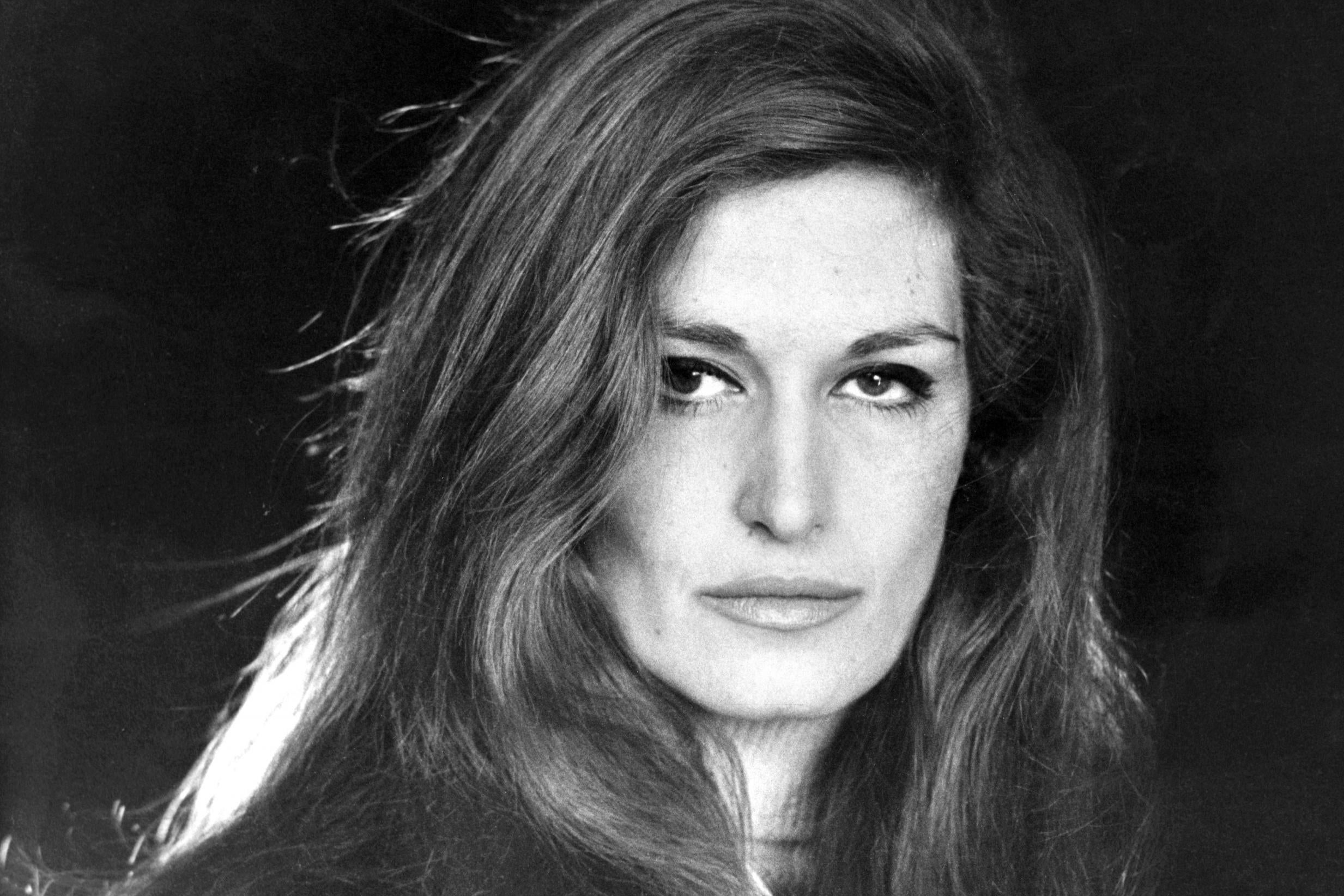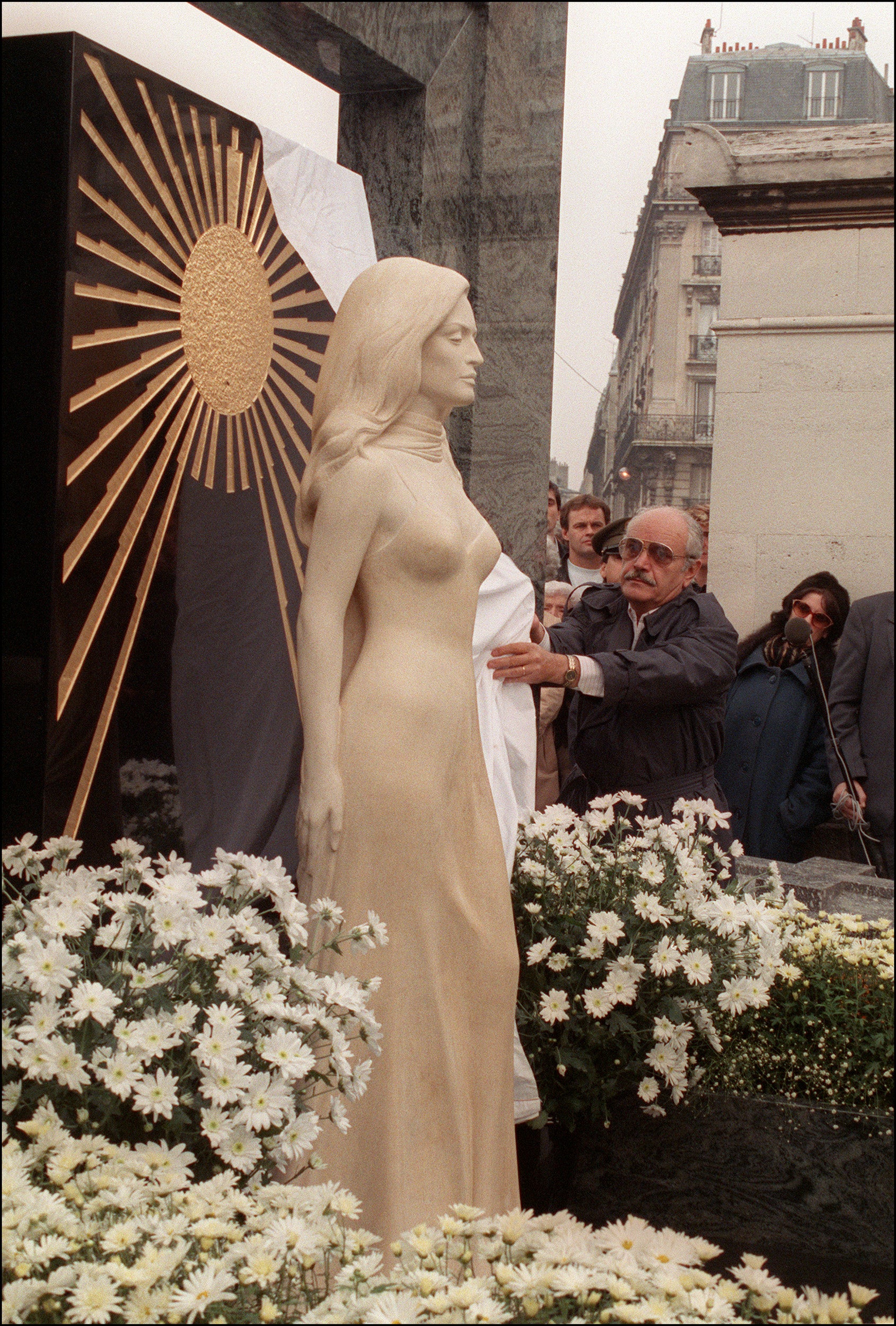Dalida: Five things to know about the illustrious French singer and her dramatic life
Dalida is being remembered by a Google Doodle on Thursday

Your support helps us to tell the story
From reproductive rights to climate change to Big Tech, The Independent is on the ground when the story is developing. Whether it's investigating the financials of Elon Musk's pro-Trump PAC or producing our latest documentary, 'The A Word', which shines a light on the American women fighting for reproductive rights, we know how important it is to parse out the facts from the messaging.
At such a critical moment in US history, we need reporters on the ground. Your donation allows us to keep sending journalists to speak to both sides of the story.
The Independent is trusted by Americans across the entire political spectrum. And unlike many other quality news outlets, we choose not to lock Americans out of our reporting and analysis with paywalls. We believe quality journalism should be available to everyone, paid for by those who can afford it.
Your support makes all the difference.Dalida is being remembered by Google Doodle this Thursday, on what would have been her 86th birthday.
The French singer sold millions of records over the course of her three-decade career, gaining fans across the world with her sentimental ballads and lighter yé-yé tunes.
Born in Cairo to Italian parents on 17 January, 1933, Dalida – full name Iolanda Cristina Gigliotti – remains one of the best known French singers.
Here are five things you should know about her life and legacy:
1. She started out as a beauty queen
Dalida's career began when she became Miss Egypt in 1954. That same year, she moved to Paris to pursue an acting career.
She eventually turned to singing, and her rise to fame was partly helped by the French radio station Europe 1, which took to broadcasting her 1956 song "Bambino" several times a day.
Dalida was in part discovered by Lucien Morrise, the station's programming director, whom she married in 1961.
2. She recorded in seven languages
Several of Dalida's biggest hits are, of course, in French.
Among them are "Itsi Bitsi Petit Bikini", "Il venait d'avoir 18 ans", "Laissez-moi danser" et "Mourir sur scène". She also recorded a French version of Wham!'s "Last Christmas", titled "Reviens-Moi".
Dalida also sang in Italian, as she did for her cover of Cher's "Bang Bang (My Baby Shot Me Down)".
She sometimes recorded the same song in two different versions, as she did in 1977 when she delivered a French version as well as an Arabic version of the Egyptian song "Salma Ya Salama".
3. She was a multi-faceted artist
Early on in her career, Dalida recorded light pop tunes attached to the yé-yé movement, France's answer to the rise of bands such as The Beatles in the early Sixties.
Enjoy unlimited access to 100 million ad-free songs and podcasts with Amazon Music
Sign up now for a 4 month free trial (3 months for non-Prime members)
Enjoy unlimited access to 100 million ad-free songs and podcasts with Amazon Music
Sign up now for a 4 month free trial (3 months for non-Prime members)
Among those songs is her 1960 hit "Itsi Bitsi Petit Bikini", her version of Brian Hyland's "Itsy Bitsy Teenie Weenie Yellow Polkadot Bikini".
She was also influenced by disco and experienced what is now remembered as her diva phase in the Eighties, during which she delivered her well-known, tragic pop song "Mourir sur scène".
4. Her personal life inspired one of her most famous songs
"Il venait d'avoir dix-huit ans", which translates to "he had just turned 18", was released by Dalida in 1973.
The song was inspired by her relationship with a younger student, which led to an unplanned pregnancy.
According to Dalida's brother, producer Orlando, who has publicly discussed the matter, Dalida was 34 years old at the time of the relationship and the student was 22.
The singer terminated the pregnancy, at a time when abortion was illegal both in France and in Italy. The procedure left her unable to conceive.
5. She is buried in her former home of Montmartre
Dalida died by suicide on 3 May, 1987.

She is buried in the Montmartre neighbourhood of Paris, where she moved in 1962.
French sculptor Aslan produced a life-sized statue of the singer to be placed on her tombstone, making it easily recognisable in the Montmartre Cemetery.
Join our commenting forum
Join thought-provoking conversations, follow other Independent readers and see their replies
Comments